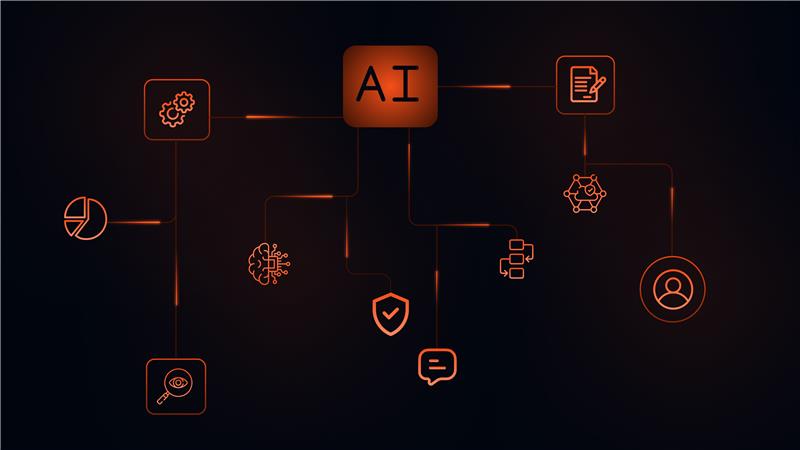
What’s most likely to lead your team to think innovatively in a rapidly changing environment?
In a thought-provoking LinkedIn Pulse article titled “What Your Teams Need but Don’t Demand,” Syren’s Chief Operating Officer, Mohammed Vasim, shares a compelling perspective on effective leadership, team management, and employee wellbeing.
Drawing from his experience, the article describes how mental fatigue, disengagement, and burnout don’t always announce themselves in obvious ways. And yet, they shape everything, from delivery quality to innovation to retention.
The fact is that psychological safety drives performance. Teams that feel safe are 76% more engaged, produce 50% more, and have 27% less turnover, according to research from Gallup, Gartner, and HBR. And yet, McKinsey reports only 25% of leaders are enabling that safety. In today’s market, this goes beyond a simplistic leadership blind spot; it becomes a performance risk.
When Performance Masks Pressure
In the COO’s words, “There’s no Jira board to track an individual’s energy. But there are signs, and as leaders, we can’t afford to ignore them.”
Whether it’s a once-active team member going quiet, creative ideas dropping off, or an increased tendency to stick to process instead of taking ownership, these are subtle yet significant signs of disengagement. The article emphasizes how easy it is for leaders to mistake these signs for low performance or disinterest, when in fact, they are early warnings of fatigue and internal overload.
Listening Beyond the Noise
The article outlines Vasim’s five grounded, empathetic habits that he and the leaders at Syren have adopted to build a culture of resilience, one that values delivery and human energy in equal measure:
- Starting Conversations with Energy, Not Status: Replace “What’s the update?” with “How’s your workload feeling?” This shift invites honesty and makes it safe for team members to share when something feels off.
- Debriefing the Experience, Not Just the Outcome: Post-project conversations are reframed to explore not just what went right or wrong in delivery, but what created pressure, confusion, or stress.
- Normalizing Resetting Instead of Powering Through: Encouraging short breaks or resets is positioned as a strength, not a weakness, especially when it leads to greater clarity and better decisions.
- Creating Space for Unstructured Connection: Engagement doesn’t need an agenda. Coffee chats, non-work huddles, small acknowledgments, and establishing employee well-being programs go a long way in restoring morale.
- Embedding Q&As into Team Culture: Silence doesn’t mean alliance, leaders must foster an environment where it’s okay to say, “I don’t know,” “I need help,” or “I’m overwhelmed.”
Why This Matters at Syren, and for Every Modern Leader
In high-performing teams, it’s easy to become overly focused on deliverables. But true leadership, as Vasim reflects, is about noticing what doesn’t get reported, the shifts in tone, mood, and energy, and building a culture that treats these with as much seriousness as any project metric.
At Syren, this perspective is embedded in how we lead, grow, and deliver. Whether it’s complex supply chain solutions or AI-driven data strategies, our strength comes not just from processes, but from our people, our employees’ health and wellbeing, and the environments we create for them to thrive.
If you’re a leader navigating the pressures of scale, delivery, or remote collaboration, this is a must-read.
Read the full article here: What Your Teams Need but Don’t Demand: A Leader’s Perspective >>


